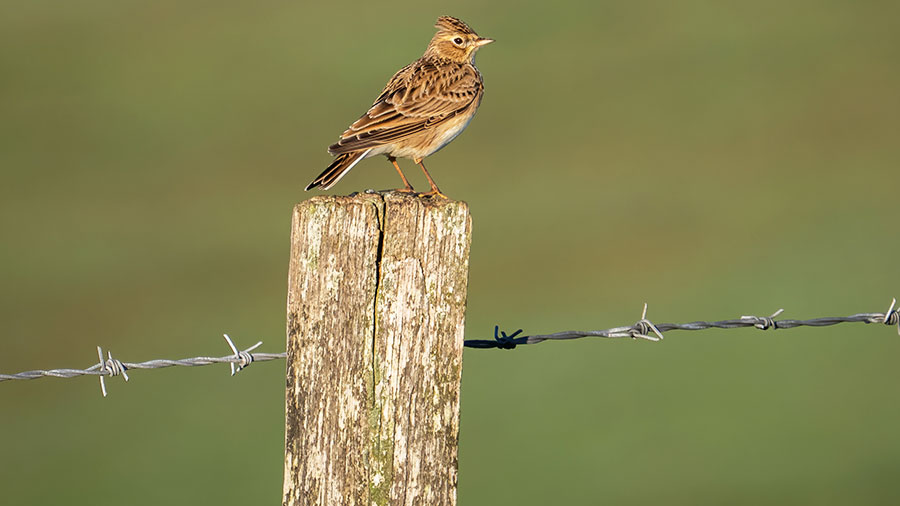East Sussex estate signs landmark biodiversity net gain deal
 © AdobeStock/Andy Wasley
© AdobeStock/Andy Wasley Thirty-one hectares of downland on an East Sussex estate are being taken out of production in favour of a biodiversity net gain (BNG) scheme.
The Iford Estate, near Lewes, is planning to create a floodplain grazing marsh as habitat for breeding and overwintering waders and plant species-rich grassland and will sell the resulting BNG units created from that to developers.
From January 2024, a new planning rule in England will require most housing, commercial and industry developments to result in a 10% biodiversity uplift, which may require developers to buy BNG units from landowners like the Iford Estate, if they can’t achieve that on-site.
See also: Biodiversity net gain: What farmers should consider
Ilford Estate is the first land in the South Downs National Park to be registered for BNG provision.
The sale of the BNG units will help the 1,200ha estate to fund a 30-year nature recovery plan, which will see around 800ha of land permanently dedicated to nature recovery.
It expects to generate around 3,000 biodiversity units.
Estate manager Ben Taylor said recent surveys had already shown over 1,300 species present, including 87 species of birds that are of conservation concern.
“We will increase the diversity of species over the whole estate, whilst still retaining food production as the principal land use on the most fertile land,” he said.
The National Park Authority is urging other major landowners to dedicate areas for BNG.
The authority has created a brokerage service, ReNature Credits, to connect landowners establishing areas for nature recovery with developers.
‘Kickstart’ other projects
Its countryside and policy manager Nick Heasman said the scheme at Iford would “kickstart” a regional recovery beneficial to nature and local communities.
“We want to be very clear that this is not about incentivising more development in and around the National Park,” he said.
“This innovative scheme will ensure that the sustainable development that does take place over the next decade will benefit nature and people locally, funnelling private investment into the places where it’s needed most.”
